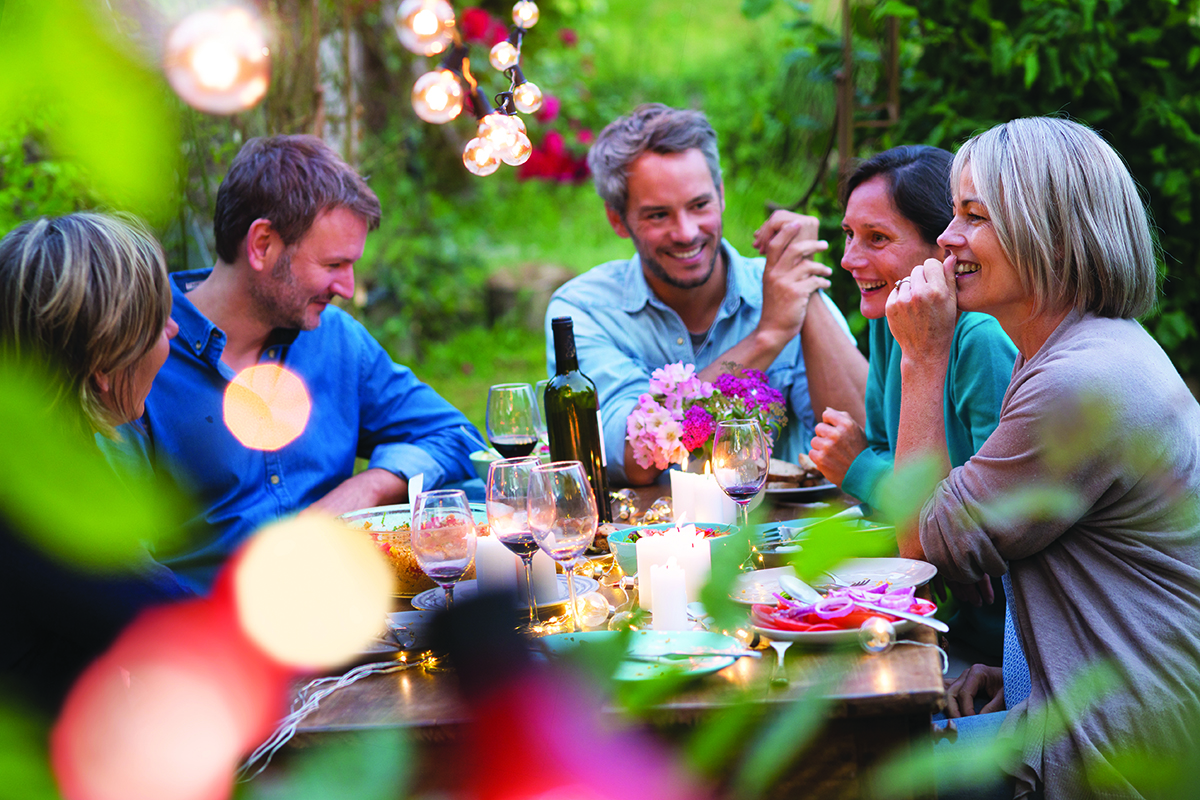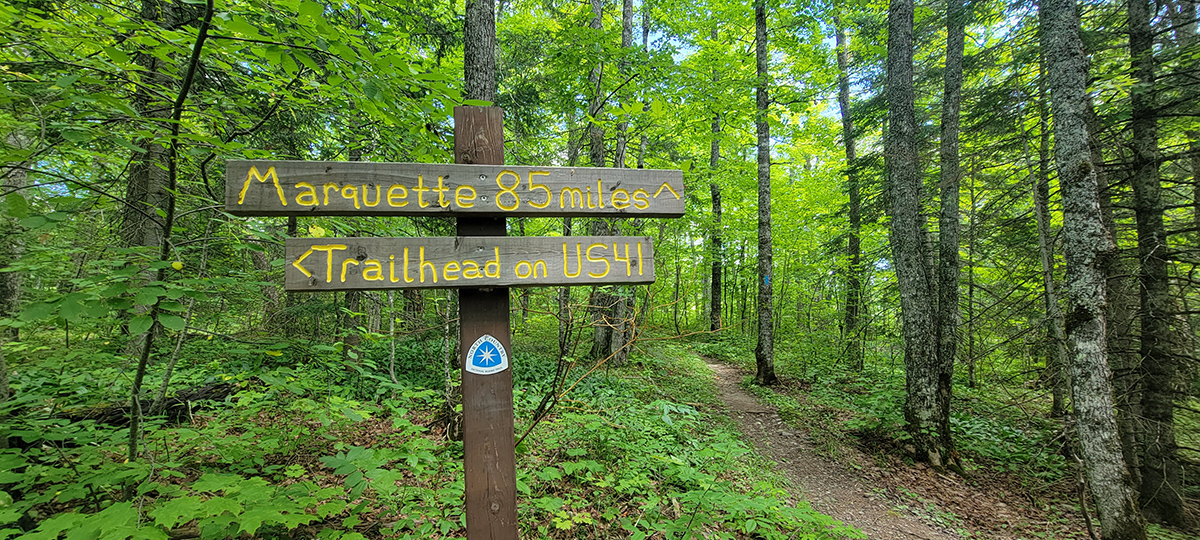WRITER | EMELL DERRA ADOLPHUS
PHOTO | EMELL DERRA ADOLPHUS, GIBRALTAR BAY ALPACAS
At Gibraltar Bay Alpacas on Grosse Ile, a couple’s close bond with their fleeced family is a sight to behold
Richard Steffke and his wife, Gail, opened Gibraltar Bay Alpacas on Grosse Ile in 2008 after taking ownership of the 12-acre farm from its previous owners. Richard had worked as a volunteer farmhand on the property since 2000, and he quickly fell in love with attending to the alpacas’ needs.
“At that time of my life, it was just a really neat thing that was going on, and I wanted to be part of it,” he says. “We purchased an alpaca. Then pretty soon we had two; pretty soon we had three, and so on and so forth.”
The farm receives about 300 visitors per week in the form of field trips, tourist groups, and other spectators who come to the farm out of sheer curiosity. But it’s Steffke’s close bond with the animals that really leaves a lasting impression.
“To see someone fall in love with these animals the way my wife and I did, it’s just really cool to see that. It’s hard to explain if you’re not an animal person,” he says.
Under the familiarity of Steffke’s hand, his fleeced fleet of 54 alpacas bears more likeness to house-broken dogs than animals from the South American wild. Remarkably, he knows each of the alpacas by name, face, and persona. The herd lifts their heads over their holding pens at the sound of his voice, listening intently for one of their names to be called.
“If they don’t want to be around you, they just walk away,” Steffke says. Alpacas rarely give mixed signals, he explains; the clearest, when they feel threatened or uneasy, is spitting. “You’ll have some hurt feelings, and you’ll smell, but it’s not going to harm you.”
Alpacas in Michigan are fairly commonplace. There are upwards of 600 alpaca farms in the Midwest, according to the Alpaca Owners Association, and close to 3,900 registered alpaca farms across the country. But the network is kept close-knit through registration processes, Steffke explains. When an alpaca is born, it receives a DNA microchip that can trace the animal’s lineage and geography back to its farmer. This prevents alpacas from being stolen and discourages unauthorized breeding. Depending on lineage, farmers charge upwards of $5,000 per breeding. Good lineage translates to higher chances of producing a show-quality alpaca.
“The point is to end up with an animal with the best fiber, the best bone structure. There’s a lot behind it,” Steffke explains, which is why registering an alpaca’s DNA also helps protect its value. “Even if someone did manage to sneak breeding from an alpaca, you would own that DNA.”
Alpacas are pregnant for a year and come in 19 colors. Predicting what color baby a mother alpaca will produce is next to impossible, according to Steffke, who has delivered 120 alpacas on the farm.
“It’s always a crapshoot. You don’t know what color you’re going to get or if they are going to want to be around people,” he says. “There is no absolute when you breed an alpaca. It’s like a roulette wheel.” The same goes for the animals’ temperaments and quality of fleece.
Each spring, the alpacas are sheared, and clothing items are made. Visitors can purchase everything from alpaca socks to sweaters inside the farm’s gift shop.
“There are three levels of fleece on an alpaca,” Steffke explains. The prime fleece comes from the base of the neck to behind the front leg to the top of the tail to the front of the back leg. The hips and shoulders produce second-quality fleece, and the top of the head, lower legs, tail, and some of the chest result in third-quality fleece.
The colder it gets, the more fleece the alpacas produce, and the more fleece the alpacas produce, the more they need to eat. “We go through 1,800 to 2,000 bales of hay a year,” says Steffke. This year, they purchased an extra 500 bales because of the weather. “Right now, we are already into the summer supply.”
He adds, “There’s a lot to it, but when you do it every day, it’s just another day on the farm.” After 18 years, Steffke and his wife still consider purchasing the farm the best decision they’ve made together.
“That’s the other cool thing, my wife and I are together every single day doing this,” he says. “Some people have a job they go to and put up with other people’s crap all day. I’m done shoveling crap by 11:00 a.m.”
Gibraltar Bay Alpacas 8545 Groh Rd, Grosse Ile Township, MI 48138 l (734) 675-6220












